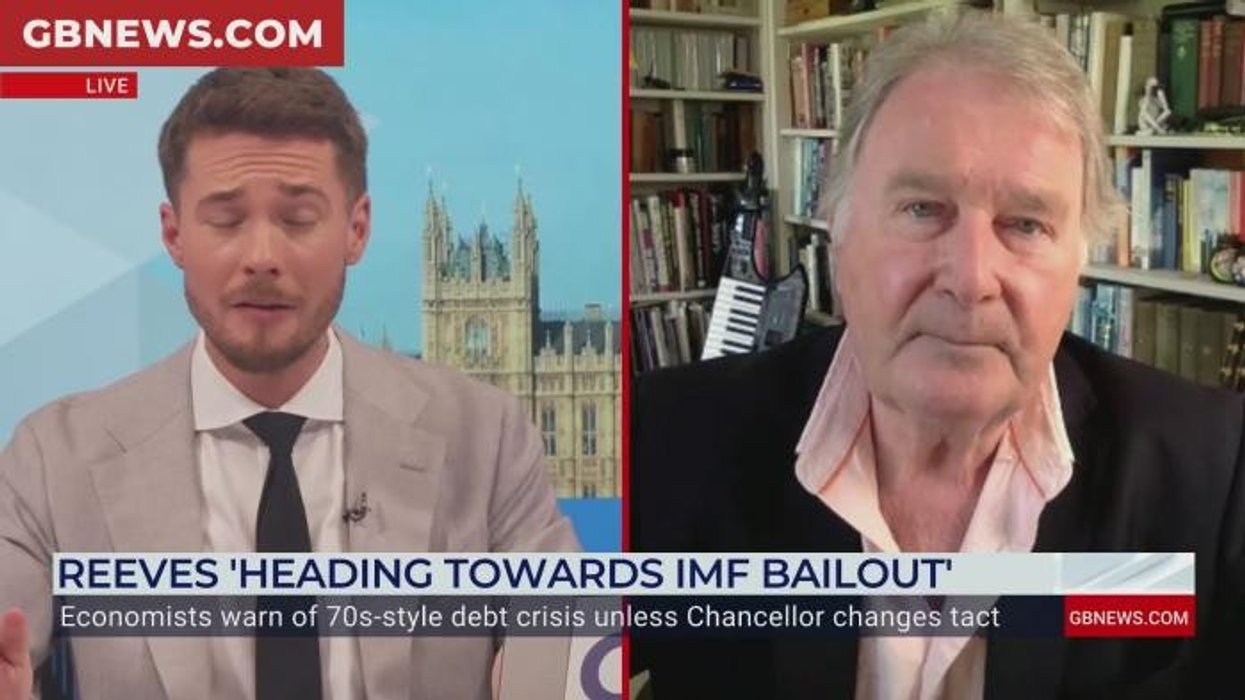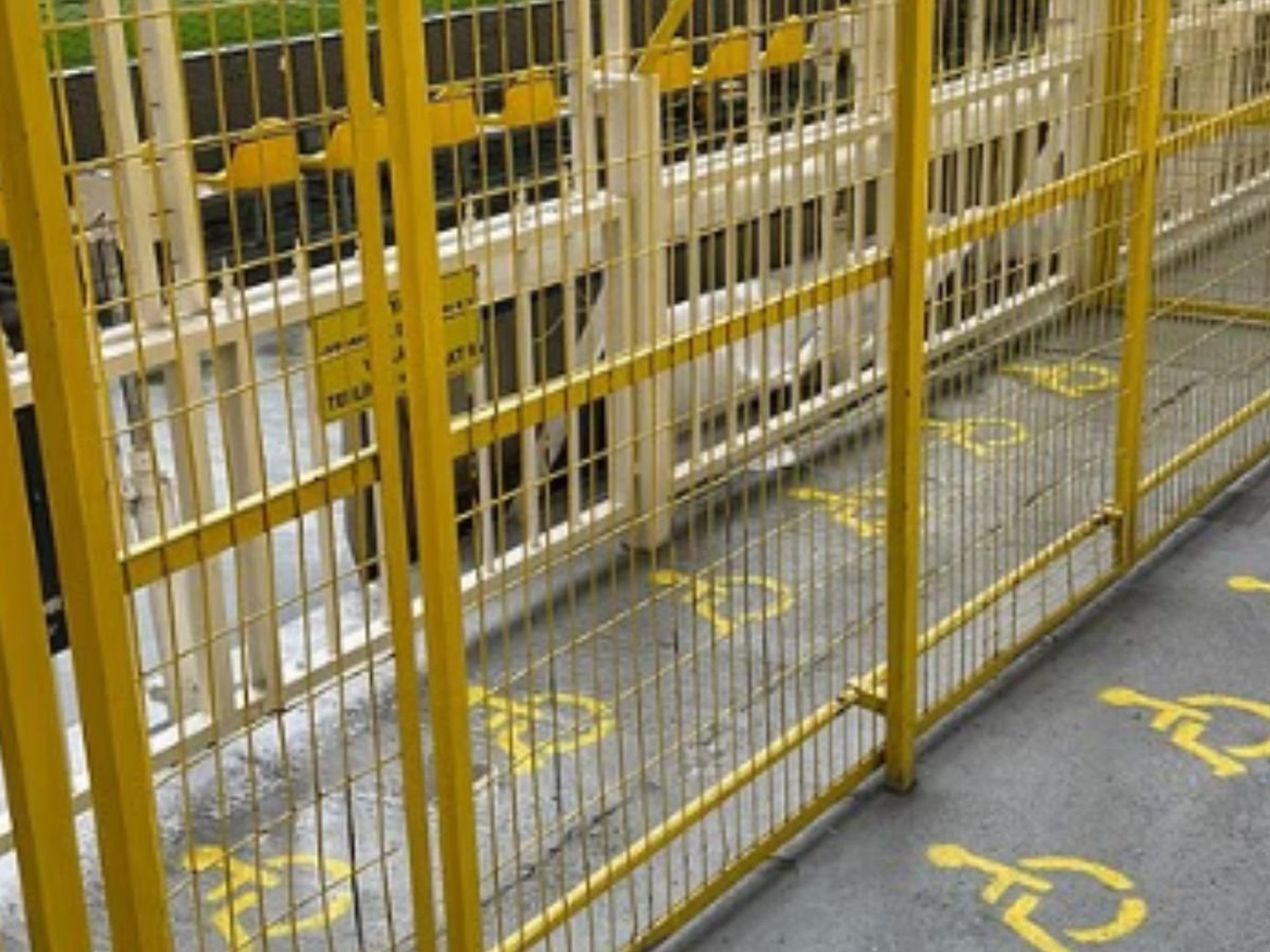Traders bet £2billion against the pound in latest blow for Rachel Reeves’ Budget

Experts warn the Government has pushed through nearly nine times more in taxation hikes than spending cuts
Don't Miss
Most Read
Financial markets have taken out £2billion worth of bets against the pound as traders brace for turbulence from Chancellor Rachel Reeves’ November Budget.
Figures from the Commodity Futures Trading Commission show more than 33,000 net short positions against sterling – a sharp reversal from the optimism seen earlier this year.
The level of speculation is edging towards territory last seen during the 2022 mini-Budget crisis under Liz Truss. Although still below the 80,000 contracts recorded at that time, the upward trend has unsettled analysts.
Investors are positioning ahead of fiscal measures expected in Reeves’ Budget, with the Chancellor under pressure to plug a £50billion hole in the public finances.
Having already imposed a £25billion hike in employer National Insurance contributions, her options for further tax rises are narrowing.
Do you have a money story you’d like to share? Get in touch by emailing money@gbnews.uk.
Income tax, VAT and corporation tax have been ruled out, leaving wealth-related levies on property, pensions and inheritance as potential targets. But bond markets are showing signs of strain, with long-term government borrowing costs rising to a 27-year high.
Britain’s dependence on foreign investors to finance its deficit, described by former Bank of England Governor Mark Carney as relying on “the kindness of strangers” – adds to the risk.
“Negative bets on sterling indicate that speculators are betting that the UK’s fiscal woes will be the dominant factor for the pound in the months ahead,” said Jane Foley, head of foreign exchange strategy at Rabobank.
She warned that a retreat from UK gilts could leave both government bond prices and sterling exposed.
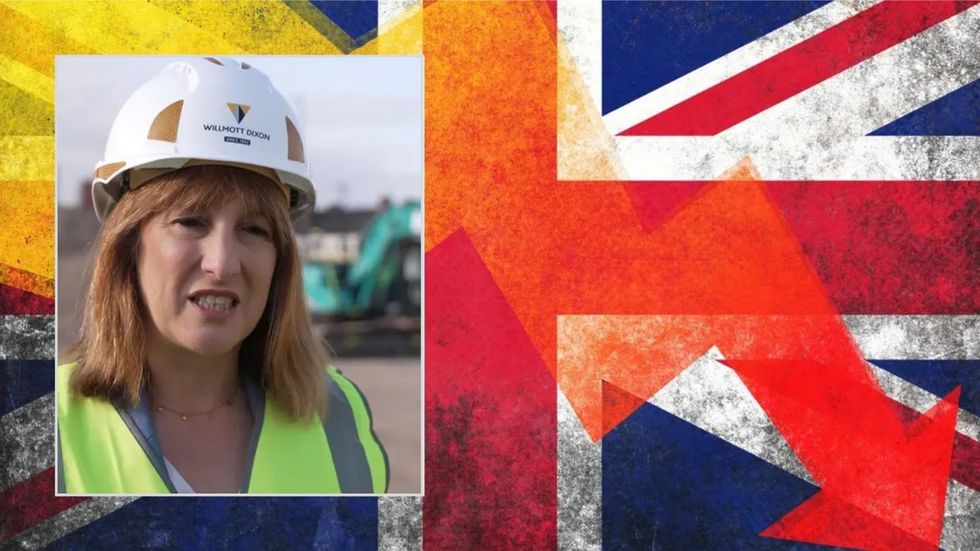
Traders have bet against the strength of the pound ahead of Rachel Reeves' budget
|Pool/Getty
Sanjay Raja, UK economist at Deutsche Bank, said: “Put simply, the Government has pushed through nearly nine times more in taxation hikes than spending cuts.”
He warned that further tax increases could fuel inflation as firms pass costs on to consumers.
Mr Raja argued that Reeves’ £10billion fiscal buffer should be closer to £30billion to reassure markets.
“Any efforts to raise the fiscal headroom from current levels would go a long way in supporting gilt market sentiment,” he said.
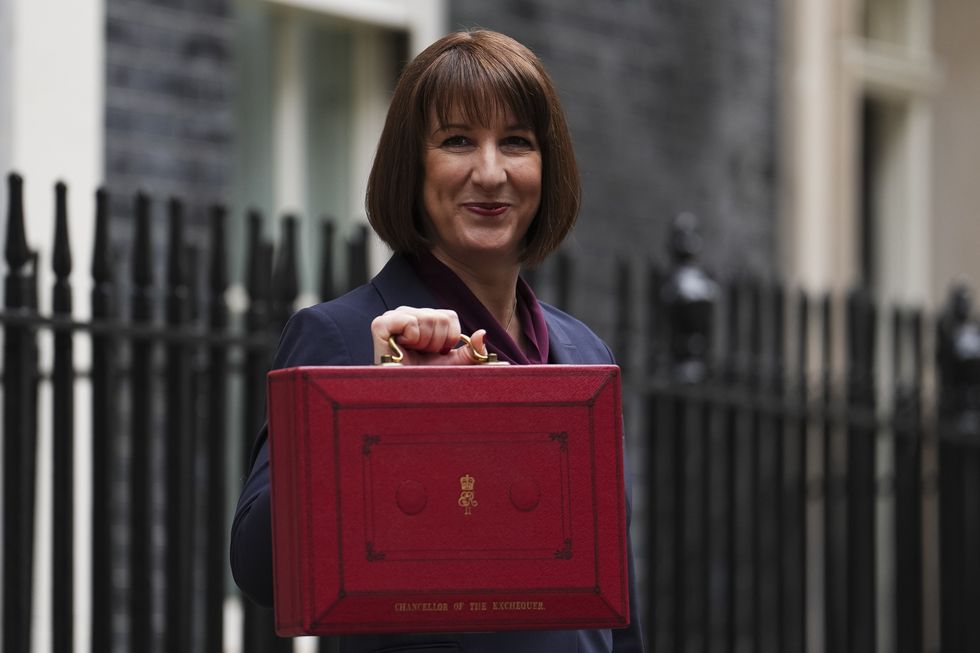
Economists have warned that Rachel Reeves has a £50billion gap in public finances to fill
| PAMs Reeves also faces political resistance, with Labour MPs recently blocking her attempt to cut disability benefits. That opposition makes it harder to shift the burden of fiscal tightening towards spending restraint.
The pound has held steady over the past year despite five Bank of England rate cuts, but analysts warn the balance is fragile.
“We are not at crisis point yet,” said John Wyn-Evans, head of market analysis at Rathbones. But he cautioned that Britain’s finances are “on thin ice” and Reeves has “one chance to stop the rot” in her November 26 Budget.
“It should be clear to all by now that piling higher taxes on to workers and businesses is ultimately counterproductive,” he added, urging ministers to push through more credible spending cuts that might win over both markets and MPs.
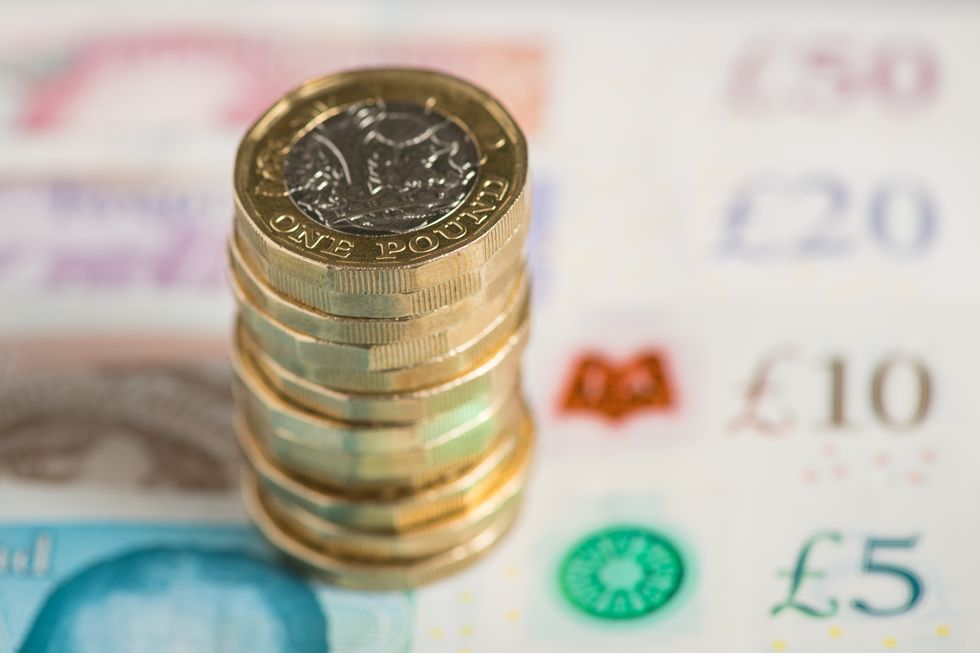
Traders think the pound is set to weaken
| PAThe pound is currently trading close to levels seen earlier this summer, supported in part by higher interest rates.
Data shows UK government bond yields have climbed to their highest level since 1998.
The Commodity Futures Trading Commission tracks weekly positioning across major global currencies.
Short positions represent contracts that profit if the pound falls against the dollar. Sterling remains one of the most heavily traded currencies worldwide, alongside the US dollar, euro and yen.
More From GB News


